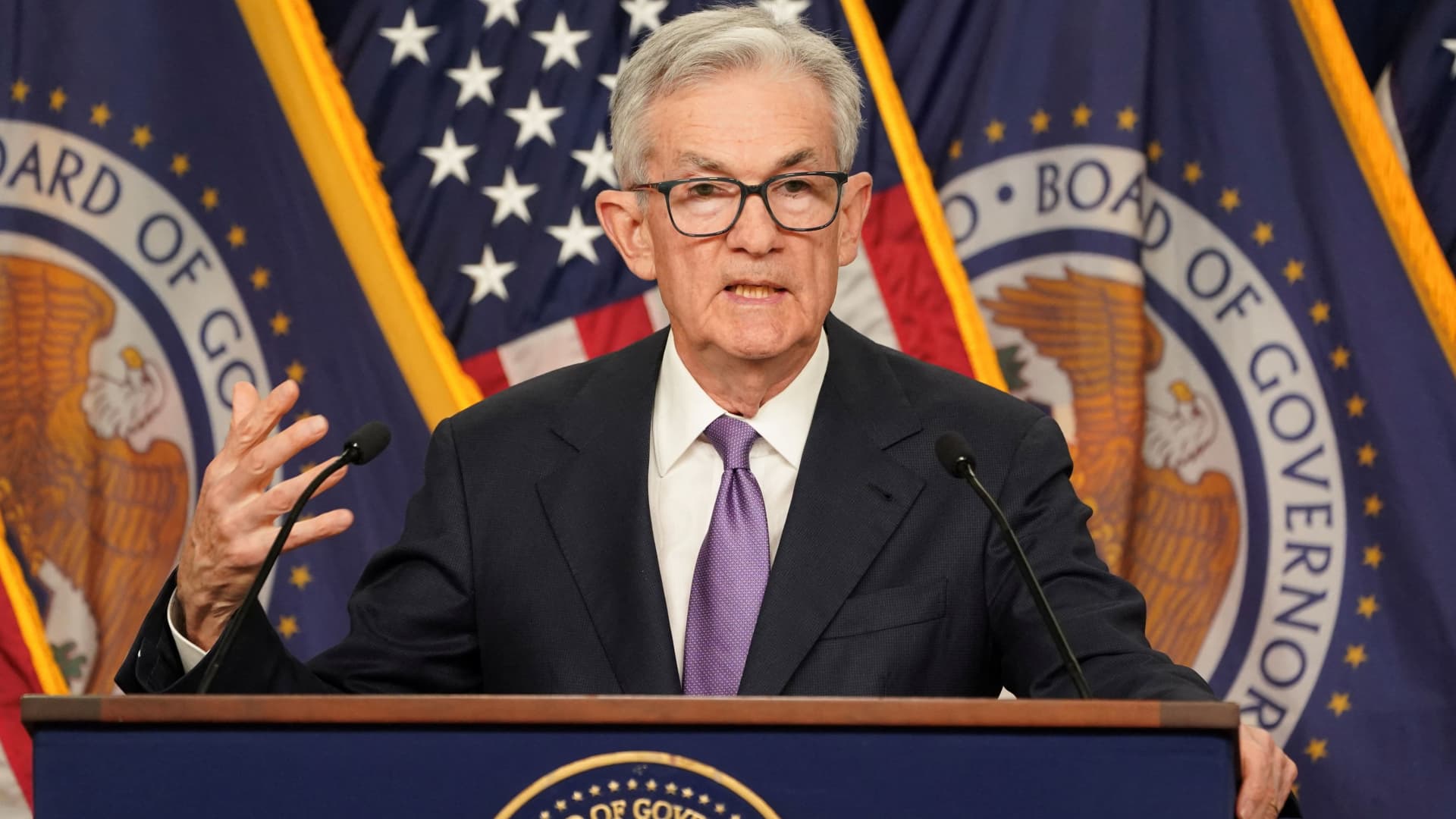
The Food and Drug Administration is considering whether to approve the use of MDMA, also known as ecstasy, to treat post-traumatic stress disorder. An independent expert advisory panel will review studies on Tuesday and is expected to vote on whether the treatment would be effective and whether its benefits outweigh the risks.
The panel will hear from Lykos Therapeutics, which submitted evidence from clinical trials to gain regulatory approval to legally sell the drug to treat people with a combination of MDMA and talk therapy.
Millions of Americans suffer from PTSD, including military veterans who are at high risk of suicide. No new treatment for PTSD has been approved for more than 20 years.
What is MDMA?
Methylenedioxymethamphetamine (MDMA) is a synthetic psychoactive drug first developed by Merck in 1912. After MDMA was newly synthesized in the mid-1970s by Alexander Shulgin, a psychedelic chemist in the Bay Area, it became increasingly popular among therapists. Early research suggested significant therapeutic potential for a range of mental illnesses.
MDMA is an entactogen or empathogen that promotes self-awareness, feelings of empathy and social connectedness. It is not a classic psychedelic like LSD or psilocybin, drugs that can cause altered realities and hallucinations. Among recreational users, MDMA is commonly known as Molly or Ecstasy.
In 1985, as the drug became a staple in dance clubs and raves, the Drug Enforcement Administration classified MDMA as a Schedule I substance, a drug defined as having no established medical use and a high potential for abuse.
Are there any health risks?
FDA officials raised concerns about “significant increases” in blood pressure and pulse rate in some participants in the Lykos clinical trials, noting that these are risks that “could trigger cardiovascular events.”
Many experts in the field say the drug is generally safe and non-addictive in its pure form.
Side effects associated with MDMA when taken outside of a clinical setting are often caused by adulterants such as methamphetamine and synthetic cathinones, often known as bath salts.
Some recreational users report worse moods in the days after taking MDMA, most likely due to a temporary lack of serotonin in the brain. But experts say more research is needed.
What is the framework for approval?
In 2017, the FDA granted breakthrough status to MDMA-assisted therapy. The designation, a recognition of a drug’s therapeutic promise, aims to shorten the regulatory timeline.
The original application was sponsored by the nonprofit Multidisciplinary Association for Psychedelic Studies, which earlier this year formed a for-profit company, Lykos Therapeutics, to market MDMA if it receives FDA approval.
The application poses an unusual challenge to the FDA, which typically does not regulate drug treatments that accompany talk therapy – a key part of Lykos’ treatment plan to treat PTSD.
On June 4, an expert advisory panel will review Lykos’ clinical data, as well as public comments and a staff analysis, to make recommendations to the FDA. The agency often follows the panel’s suggestions and a final decision is expected in mid-August.
What do the therapy sessions include?
According to a report published in Nature Medicine, about 200 patients in the Lykos clinical trials underwent three sessions – eight hours each – in which about half received MDMA and the other half received a placebo. The meetings were four weeks apart.
Patients also had three appointments to prepare for therapy and nine more to discuss their findings.
The most recent drug study found that more than 86 percent of those who received MDMA achieved a measurable reduction in the severity of their symptoms. About 71 percent of participants improved to the point where they no longer met criteria for a PTSD diagnosis.
Approval by the authorities would probably be limited. The drug was studied in sessions attended by one psychotherapist and, for safety reasons given the vulnerability of the patients, by a second therapist. The FDA staff’s analysis suggested some limitations to the drug’s approval, including that it be administered only in certain situations, that patients be monitored and that side effects be tracked.
But doctors and therapists could still prescribe MDMA off-label, expanding its potential for treating other illnesses such as depression or anxiety.
How likely is FDA approval?
Although the two studies supporting Lykos’ application suggest that MDMA therapy resulted in significant improvements in patients with PTSD, an FDA staff report released last week pointed to flaws in the study design. Of particular note in the report is the high percentage of participants who were able to determine whether they had been given MDMA or a placebo, a phenomenon common in many drug trials involving psychoactive compounds.
The Institute for Clinical and Economic Review, a nonprofit that studies the cost and effectiveness of drugs, criticized the studies, calling the results “inconclusive.”
Overall, the FDA analysis was largely positive, finding that participants “experienced a statistically significant and clinically meaningful improvement in their PTSD symptoms, and this improvement appears to be sustained for at least several months.”
Are there other uses for MDMA?
There are a number of ongoing studies examining the potential of MDMA to treat a variety of difficult-to-treat mental health problems, including obsessive-compulsive disorder and major depression.
Dr. Joshua Gordon, director of the National Institute of Mental Health, said early data on MDMA and other psychedelic compounds have electrified the field of psychiatry, particularly research suggesting they can produce lasting benefits after just a handful of treatments.
But he warned against hoping too much. “MDMA therapy has the potential to be at least as effective as other agents available to us, and the effects may last for a while,” he said. “But it won’t work for everyone. It’s not a miracle cure.”
Source link
2024-06-04 14:45:02
www.nytimes.com














